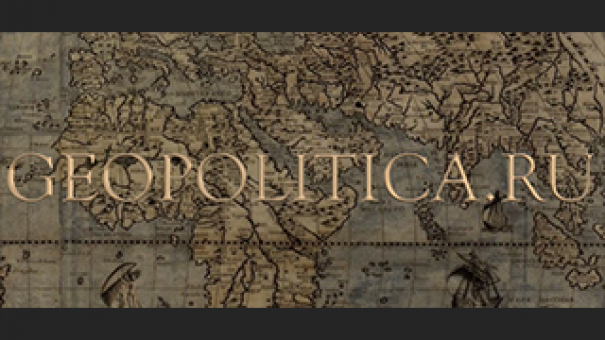Iranian Defense Minister in Moscow to discuss Syria
Iranian Defense Minister Hossein Dehghan arrives in Moscow on February 15th. The program of the visit includes a meeting with Russian Defense Minister Sergei Shoigu. The meeting takes place against the background of a sharp deterioration of the situation in Syria and the direct invasion of the Turkish army.


